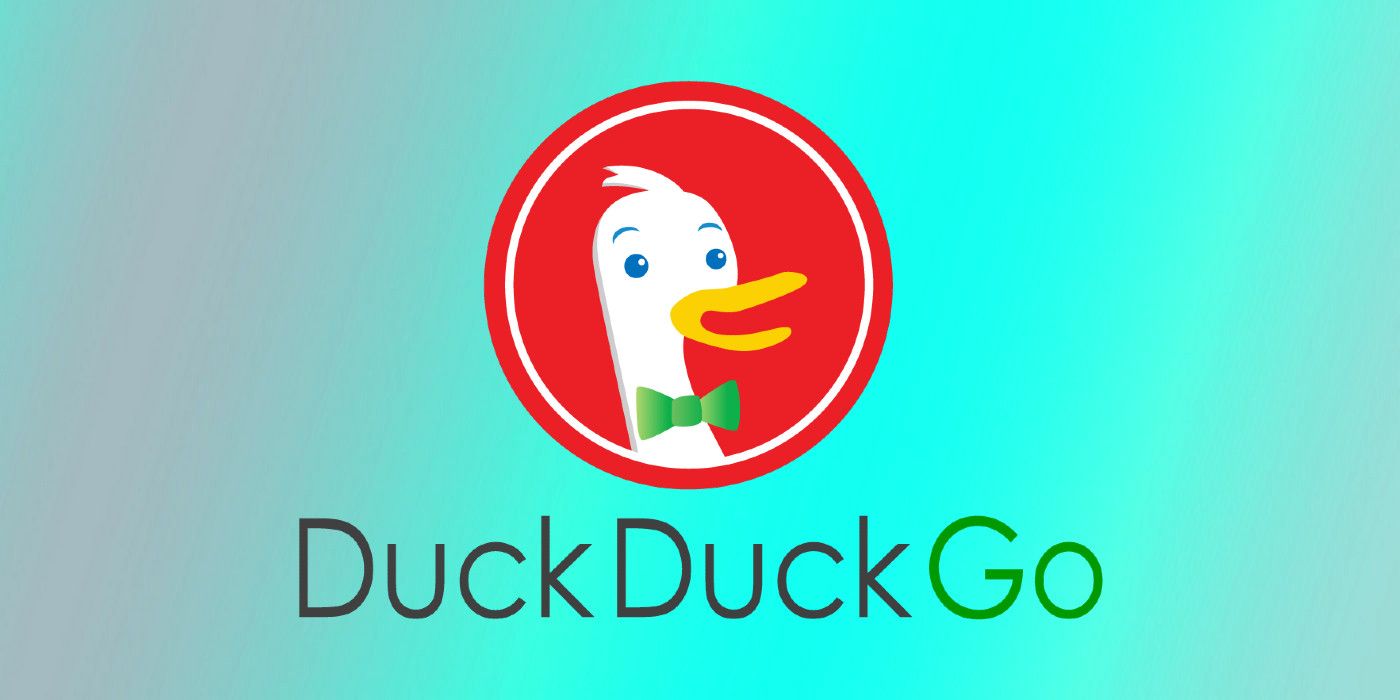A month after Microsoft announced plans to add OpenAI's ChatGPT into Bing, DuckDuckGo has integrated an AI-powered search tool called DuckAssist in its eponymous search engine. Google also unveiled its conversational AI service Bard in Feb., although it is only available to a select group of people for now. As for DuckDuckGo, its new AI-powered search tool is somewhat different from what Bing has to offer, although there are some obvious similarities between the two.
SCREENRANT VIDEO OF THE DAY
Called DuckAssist, DuckDuckGo's new tool is powered by ChatGPT, and is a free addition to the company's privacy-focused search engine. It is initially available on the DuckDuckGo web browsers on desktops and mobile, as well as the company's browser extensions for Chrome, Edge, and Firefox. It's currently not available for standard browser-based searches, but the company says that it could be rolled out to all DDG search users if the initial experiment proves successful.
Related: Why ChatGPT Creator Is Warning Of 'Scary' AI Tools
ChatGPT-powered DuckDuckGo

The new AI-powered service uses ChatGPT’s language parsing ability to pull answers directly from select sources on the internet, such as Wikipedia and Britannica. To test it out, users will need to simply enter a search query that can be answered by Wikipedia, and DuckAssist will use AI natural language technology to scrape the answer from the website and show it at the top of the results page. Users won't have to log into any account or sign up for it to get access, meaning anyone with the DDG apps or extensions can try it out right now.
At first glance, the new AI-powered features of DuckAssist and Bing are incredibly similar, as they both use ChatGPT to offer answers to search queries. However, how the technology functions in each case is vastly different. While DuckDuckGo shows the AI-generated responses from Wikipedia within the regular search results, Bing offers more of a full-fledged chatbot experience, using ChatGPT to source information from various online sources and letting users have a conversation with it.
Another major area of difference between the two is the availability of the service. DDG's tool is available to anyone with the company's browsers or extensions, without needing to sign up for it in advance. Bing's Chatbot, however, is only available to a select few for now, and even then, they have to log into their Microsoft account and sign up for the service.
Meanwhile, the one area of similarity between DuckAssist and the new Bing is that both are only available on their own respective platforms. While the new ChatGPT-powered Bing is available only on the Edge browser, DuckAssist can only be tested on DDG browsers and extensions, at least for now. Either way, the integration of AI into DuckDuckGo search results throws up many possibilities, so it will be interesting to see how it will help the company compete against bigger rivals like Bing and Google in the future.


